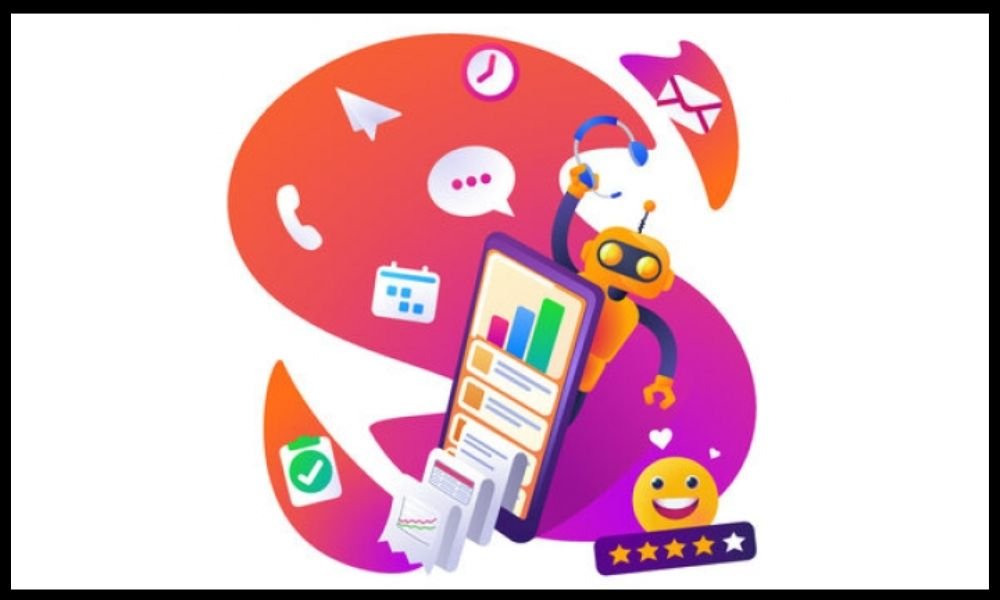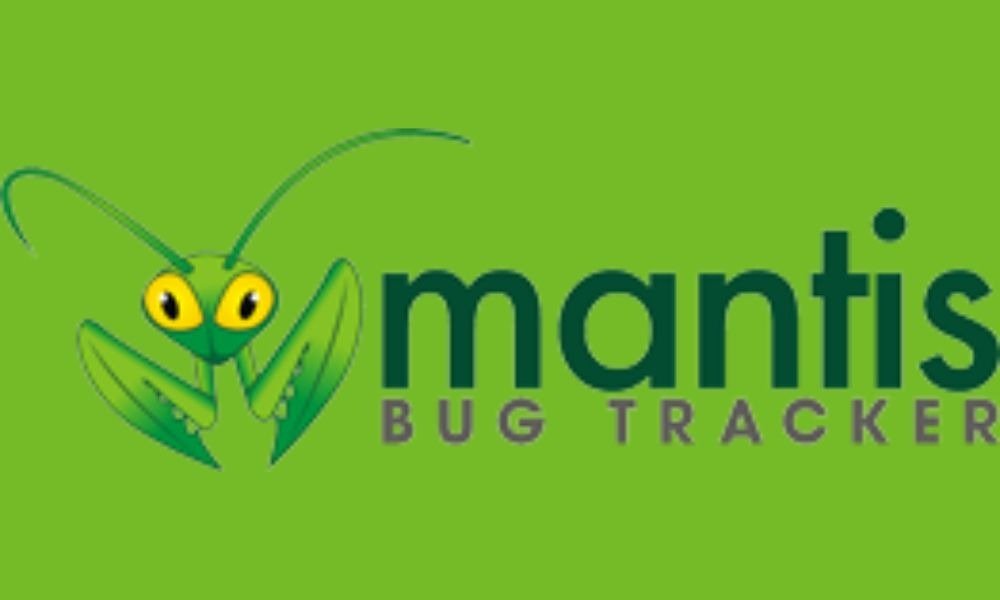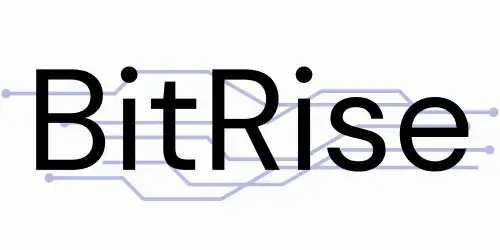
You knew that ? 95% of projects without a ticketing tool fail.
An alarming number that highlights the critical importance of these solutions for effective task management and collaboration within teams.
In a world where communication and coordination are more essential than ever, ticketing tools; positioned as key allies to drive your projects to success. But how can we explain such a difference between projects with and without a ticketing tool? Let’s discover together the multiple advantages of these solutions and the reasons that make them pillars of success.
1. Organization and concentration: Key words for better task management
One of the strengths of ticketing tools is their ability to centralize all tasks and requests into a single access point. not anymore lost notes, emails buried in the mass or forgotten in the office! Each team member has a clear and accurate overview of the missions in progress, their progress and the priorities to be met.
2. Improved communication and monitoring: Promoting cooperation and transparency

A tool for ticket issuance Effective encourages smooth and transparent communication between team members. Comments, updates and status changes are centralized, allowing everyone to track the progress of tasks in real time. No more misunderstandings and delays due to poor communication!
3. Save time and efficiency: Focus on the essentials
Automate repetitive tasks and simplification of cooperation processes allow teams to save valuable time. By focusing on the basics, members can dedicate themselves to higher value-added missions, thereby helping to increase overall productivity.
4. Performance monitoring and data analysis: Informed decisions for continuous optimization
THE ticketing tools; Modern systems offer advanced performance monitoring and data analysis functions. With detailed reporting, teams can identify their organization’s strengths and weaknesses and make informed decisions to optimize their processes and maximize efficiency.
5. Flexibility and adaptability: Solutions for all needs
Whether you’re a small team or a large company, there’s a ticketing tool to fit your needs and budget. From open source solutions to all-in-one SaaS platforms, the choice is vast and allows you to find the tool that perfectly matches your work environment and your specific requirements.

In conclusion, using mobile apps in a company is no longer a simple choice, but an absolute necessity guarantee the success of your projects. These modern technology tools are vital to stay competitive and responsive in today’s business landscape. SO, don’t let your project be part of the 95% that is doomed to fail. Get on the road to success today by adopting one powerful ticketing toolsupported by mobile apps.
Choosing the right ticketing tool: Key criteria for successful adoption
With the critical importance of ticketing tools, now comes the critical question of choosing the solution that best suits your needs.
Several key criteria should be taken into account when making your choice:
- Special features and needs : Pinpoint the features your team needs for optimal task management.
- Ease of use and integration : Choose a tool that is intuitive and easy to use to ensure rapid adoption by all users.
- Cost and budget : Determine the budget you can allocate to purchase and maintain the tool.
- Support and technical assistance : Make sure you have responsive and efficient customer support when needed.
By taking the time to analyze your needs and compare the different solutions available, you’re sure to find the ticketing tool that will enable your team to push their projects to success!
1. What are examples of project failures associated with not having a ticketing tool?
- – Delay in project delivery: Difficulty tracking work progress and identifying bottlenecks.
- – Loss of important information and documents: Lack of concentration and transparent communication.
- – Inciting groups: Frustration due to confusion and lack of organization.
- – Deterioration of communication with customers: Failure to respond to requests in an efficient and timely manner.
2. Are there alternatives to paid ticketing tools?

Yes, there are many free and open source solutions such as:
3. How to ensure successful team adoption of a ticketing tool?
- – User participation by choosing the tool: Consider their needs and preferences.
- – Offer comprehensive training and adequate support: Support users to familiarize themselves with the tool.
- – Encourage communication and feedback: Promote sharing and collaboration between users.
- – Define performance indicators: Measure the impact of the tool and adjust it based on the results.
4. What are the benefits of using a ticketing tool for personal project management?
- – Better organization and planning of work: Prioritize assignments and meet deadlines.
- – Accurate monitoring of project progress: View job status and identify blocking points.
- – Effective collaboration with other participants: Delegate tasks and centralize communication.
- – Improved productivity and performance: Save time and focus on the basics.
5. What are the latest trends in ticketing tools?
- – Artificial intelligence and automation: Automate repetitive tasks and smart suggestions.
- – Integration with other collaboration tools: Data centralization and smooth communication.
- – Advanced data analysis: Make decisions based on accurate knowledge.
- – Intuitive and mobile user interfaces: Easy tool access and collaboration anywhere.
In conclusion, ticketing tools are positioned as essential solutions for project success, both for teams and individuals. By choosing the right tool and adopting it optimally, you maximize your chances of success and achieve your goals efficiently.
